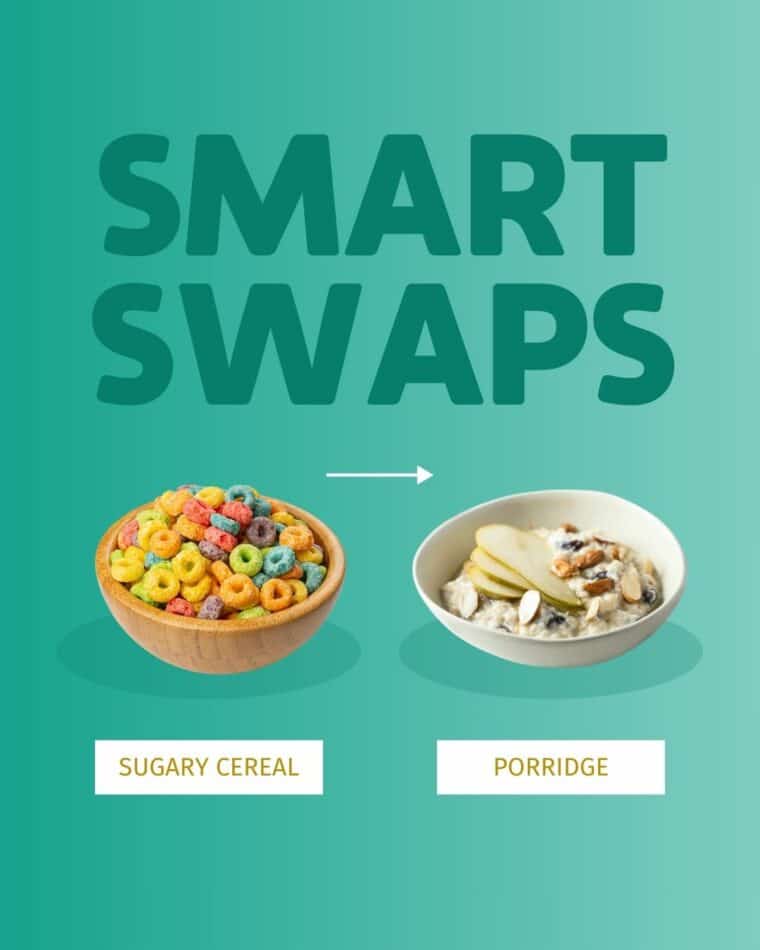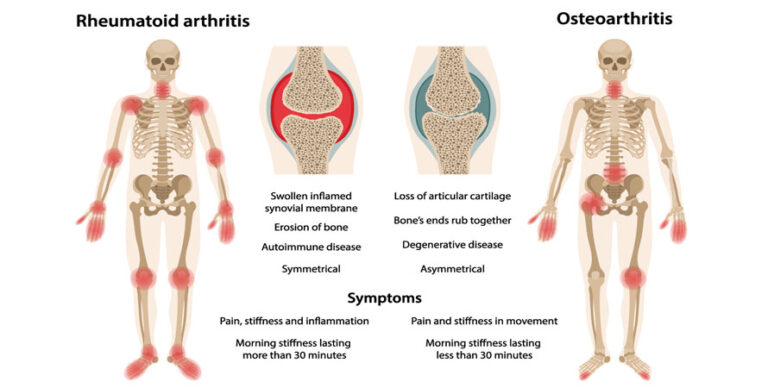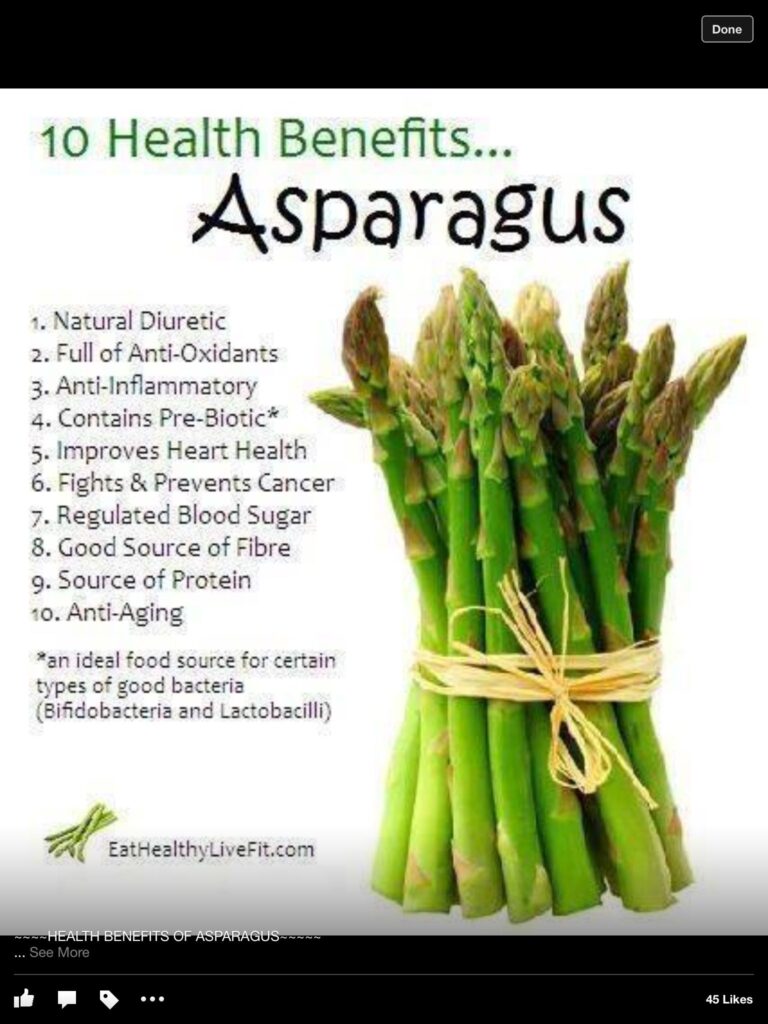Your Zinc Safety Checklist: 5 Things You Should Never Take Simultaneously
The Silent Symphony: When Micronutrients Play Out of Tune
In the grand orchestra of human health, micronutrients are the individual instruments, each playing a vital role in creating a harmonious melody. Zinc, often hailed as a versatile virtuoso, conducts a staggering array of bodily functions, from bolstering our immune defenses and aiding wound healing to fine-tuning our sense of taste and smell. It’s a silent hero, working tirelessly behind the scenes, and its allure as a supplement is undeniable, especially in an era where immune resilience is paramount.
But even the most benevolent of heroes can inadvertently cause discord if not properly understood. The very complexity that makes zinc so essential also makes its interactions with other substances a delicate dance. For the knowledgeable health enthusiast – the one who meticulously researches, understands the nuances of bioavailability, and strives for optimal wellness rather than just symptom management – the conversation around zinc goes beyond its benefits. It delves into the critical realm of its interactions.
Imagine, if you will, a finely tuned orchestra where the brass section suddenly starts playing a different piece than the strings, or where a soloist tries to overpower the entire ensemble. The result isn’t music; it’s cacophony. The same can happen within our bodies when essential nutrients and medications, taken simultaneously, clash rather than cooperate.
This isn’t a tale of fear-mongering, but one of informed empowerment. It’s about transforming a simple act of supplementation into a strategic, health-optimizing decision. For those of us who appreciate the intricate ballet of biochemistry, understanding these potential clashes is not just smart, it’s essential. This article will unveil five specific interactions, five instances where taking zinc simultaneously with another substance can turn a beneficial act into a detrimental one, potentially diminishing zinc’s efficacy, reducing the absorption of other vital nutrients, or even leading to adverse health outcomes.
Let’s pull back the curtain and explore the hidden dynamics of your zinc safety checklist.
>
The Unsung Hero: A Deeper Look at Zinc
Before we delve into the potential clashes, let’s briefly re-acquaint ourselves with the star of our show. Zinc is an essential trace mineral, meaning our bodies can’t produce it, and we must obtain it through diet or supplementation. Its roles are breathtakingly diverse:
- Immune Function: Critical for the development and function of immune cells.
- Enzyme Activity: A cofactor for over 300 enzymes involved in metabolism, digestion, nerve function, and many other processes.
- Protein Synthesis & Cell Growth: Essential for DNA synthesis, cell division, and protein production, making it vital for growth and repair.
- Wound Healing: Plays a key role in collagen formation and tissue regeneration.
- Sensory Function: Crucial for taste and smell perception.
- Antioxidant Support: Helps reduce oxidative stress in the body.
Given this impressive resume, it’s no wonder many turn to zinc supplements, particularly in forms like zinc gluconate, picolinate, citrate, or sulfate. Each form offers slightly different absorption profiles, but the underlying principle remains: getting enough zinc is crucial. However, the very pathways that allow zinc to be absorbed and utilized are also the pathways through which it can interact – and sometimes compete – with other compounds. This leads us to our core principle: understanding interactions is paramount.
>
The Golden Rule: Understanding Interactions
Micronutrient interactions can occur in several ways:
- Competitive Absorption: Two or more substances vie for the same limited absorption sites in the gut. If one is present in high amounts, it can "win," leaving less for the other.
- Chelation: One substance binds to another, forming a complex that the body cannot easily absorb, effectively rendering both inert.
- Altered Metabolism/Excretion: One substance can interfere with how another is processed or eliminated by the body.
It’s about balance, the "Goldilocks principle" – not too much, not too little, but just right. And often, "just right" means considering what else is entering your system at the same time.
>
Your Zinc Safety Checklist: 5 Things You Should Never Take Simultaneously
1. High-Dose Iron Supplements
The Problem: A Silent Struggle for Absorption
Imagine two highly competitive athletes vying for the same finish line. This is a apt metaphor for zinc and iron when they meet in your digestive tract, particularly when iron is taken in high doses. Both minerals share similar absorption pathways and transporters in the small intestine, specifically the Divalent Metal Transporter 1 (DMT1). When you introduce a large quantity of one, it can overwhelm these transporters, effectively elbowing out the other.
Iron, especially in supplemental forms (like ferrous sulfate, gluconate, or fumarate) and at dosages typically prescribed for iron deficiency anemia (often 60mg elemental iron or more), can significantly impede zinc absorption. Conversely, very high doses of zinc can also interfere with iron absorption, though this is less commonly the primary concern. The interaction is dose-dependent, meaning the higher the dose of either, the more pronounced the interference.
The Consequences: A Cascade of Deficiencies
If you’re taking high-dose iron for anemia, and simultaneously taking zinc, you might inadvertently be undermining both efforts. Your body might absorb less of the iron it desperately needs, prolonging your anemic state. Simultaneously, your zinc levels could suffer, leading to a host of issues from compromised immune function to impaired wound healing, and even affecting your taste and smell. It’s a silent struggle that can leave both minerals inadequately absorbed, leaving you feeling less than optimal despite your best intentions.
The Solution: Strategic Spacing
The key here is timing. To minimize competitive absorption, it is strongly recommended to space out your high-dose iron and zinc supplements by at least 2-4 hours. If you take iron in the morning, consider taking zinc in the afternoon or evening, or vice-versa. Always follow your doctor’s recommendations for iron supplementation, as iron deficiency is a serious condition that requires careful management. If you are prescribed both, discuss the optimal timing with your healthcare provider. For general maintenance doses of iron (e.g., in a multivitamin), the interaction is usually less critical, but still worth noting.
2. Copper Supplements (Especially High Dose)
The Problem: The Most Infamous Antagonist
This interaction is perhaps the most well-known and clinically significant among trace minerals. Zinc and copper are classic antagonists. They don’t just compete for absorption; high-dose zinc can actually induce a copper deficiency over time. This happens because zinc stimulates the production of a protein called metallothionein in the intestinal cells. Metallothionein has a higher affinity for copper than zinc. When zinc levels are high, more metallothionein is produced, which then binds to copper, trapping it within the intestinal cells and preventing its absorption into the bloodstream. The bound copper is then excreted when these cells are shed.
This mechanism is so effective that high-dose zinc therapy (e.g., 50 mg elemental zinc, two or three times daily) is actually a standard medical treatment for Wilson’s disease, a genetic disorder characterized by excessive copper accumulation in the body. While therapeutic for Wilson’s, it highlights the potent effect zinc has on copper metabolism.
The Consequences: Neurological and Hematological Damage
Copper is vital for numerous bodily functions, including iron metabolism, energy production, connective tissue formation, and nerve function. Chronic copper deficiency, induced by excessive or prolonged high-dose zinc intake without adequate copper supplementation, can lead to severe and irreversible consequences. These include:
- Neurological Problems: Peripheral neuropathy (numbness, tingling, weakness), myelopathy (spinal cord damage, leading to gait disturbances), and even cognitive impairment.
- Hematological Issues: Anemia (as copper is needed for iron utilization) and neutropenia (low white blood cell count, compromising immune function).
- Bone Health: Impaired bone mineralization.
These symptoms can be insidious, developing slowly over months or years, often mimicking other conditions, making diagnosis challenging if the zinc-copper imbalance isn’t considered.
The Solution: Mindful Ratios and Professional Oversight
Unless specifically prescribed by a doctor for a medical condition like Wilson’s disease, avoid taking high-dose zinc (e.g., >40 mg elemental zinc/day) for extended periods without considering your copper intake. If you are supplementing with zinc, especially at moderate to higher doses, it’s wise to ensure your multivitamin contains copper, or to consider a separate copper supplement (typically at a ratio of 10-15:1 zinc to copper). Always discuss long-term high-dose zinc supplementation with a healthcare professional, who can monitor your copper levels if necessary. This is not a situation for self-experimentation.
3. Certain Antibiotics (Tetracyclines & Quinolones)
The Problem: The Chelation Trap
Here, the interaction shifts from competitive absorption to chelation, a process where zinc forms stable, insoluble complexes with certain drug molecules in the digestive tract. This binding renders both the zinc and the antibiotic largely unabsorbable, effectively reducing the efficacy of both.
The primary culprits in this category are:
- Tetracycline Antibiotics: Doxycycline, minocycline, tetracycline itself.
- Quinolone Antibiotics: Ciprofloxacin, levofloxacin, moxifloxacin.
When zinc ions encounter these antibiotics in the gut, they bind together, creating a complex that is too large or too stable to pass through the intestinal lining into the bloodstream.
The Consequences: Treatment Failure and Persistent Infection
The implications of this interaction are serious. If you’re taking these antibiotics for a bacterial infection, their effectiveness will be significantly reduced if taken simultaneously with zinc. This can lead to:
- Treatment Failure: The infection may not clear, requiring longer treatment, stronger antibiotics, or potentially leading to more severe health issues.
- Antibiotic Resistance: Incomplete treatment can contribute to the development of antibiotic-resistant bacteria, a global health crisis.
- Reduced Zinc Benefit: You also won’t get the benefit of your zinc supplement.
It’s a lose-lose situation where neither the antibiotic nor the zinc can perform its intended function.
The Solution: Strict Spacing is Non-Negotiable
The advice here is unequivocal: never take zinc supplements at the same time as tetracycline or quinolone antibiotics. Instead, strictly space them out by at least 2-4 hours, or ideally, take zinc at a completely different time of day (e.g., zinc in the morning, antibiotic in the evening). Some sources even recommend a 6-hour separation for maximum safety. Always inform your doctor or pharmacist about all supplements you are taking when prescribed new medications. They can provide precise guidance on timing to ensure both your infection is treated effectively and your nutrient status is maintained.
4. High-Dose Calcium Supplements
The Problem: Another Mineral Showdown
While not as potent an antagonist as copper, calcium, especially in high supplemental doses, can also interfere with zinc absorption. This interaction is primarily due to competitive absorption for similar transport proteins in the small intestine, much like iron. Calcium is a major mineral, and when consumed in large quantities (e.g., 1000 mg or more in a single dose, often taken for bone health), it can simply overwhelm the shared absorption pathways, leaving less room for zinc.
This interaction is particularly relevant for individuals who might be taking calcium supplements to address osteoporosis or other bone health concerns, and simultaneously taking zinc for immune support or other reasons.
The Consequences: Undermining Your Mineral Strategy
If you’re meticulously planning your supplement regimen to ensure adequate intake of both calcium and zinc, taking them together can be counterproductive. You might absorb less calcium than intended, potentially impacting your bone density goals. Simultaneously, your zinc absorption could be reduced, affecting the myriad of zinc-dependent processes in your body. It’s a subtle but significant interference that can silently thwart your wellness efforts.
The Solution: Strategic Timing and Form Awareness
To mitigate this interaction, it’s advisable to space out high-dose calcium and zinc supplements by at least 2-4 hours. For example, if you take calcium with your breakfast, consider taking zinc with lunch or dinner. It’s also worth noting that dietary calcium (e.g., from dairy products) has less of an impact on zinc absorption than isolated calcium supplements, likely due to other compounds in food that can aid mineral absorption and the slower release. If you are taking a multivitamin that contains both, the doses are usually balanced to minimize significant competitive interaction, but for separate, high-dose supplements, timing is key.
5. Diuretics (Thiazide and Loop)
The Problem: Increased Excretion, Diminished Stores
Diuretics, commonly prescribed medications to increase urine production and reduce fluid retention (often for conditions like high blood pressure, heart failure, or kidney disease), can subtly yet significantly impact zinc levels. Two main classes are particularly relevant:
- Thiazide Diuretics: Hydrochlorothiazide, chlorthalidone.
- Loop Diuretics: Furosemide, bumetanide.
These medications work by altering kidney function to excrete more sodium and water. However, in doing so, they can also increase the urinary excretion of other minerals, including zinc. Over time, this increased loss can lead to a gradual depletion of the body’s zinc stores.
The Consequences: Chronic Zinc Deficiency
For individuals on long-term diuretic therapy, this increased zinc excretion can lead to a chronic, subclinical zinc deficiency. The symptoms might be subtle initially – a slight weakening of the immune system, slower wound healing, or a diminished sense of taste. However, over months or years, these seemingly minor issues can accumulate, impacting overall health and quality of life. Given that many conditions requiring diuretics (like heart failure) already place stress on the body and benefit from robust immune function, a diuretic-induced zinc deficiency can further compromise health.
The Solution: Regular Monitoring and Potential Supplementation
If you are on long-term thiazide or loop diuretic therapy, it is crucial to discuss your zinc status with your healthcare provider. They may recommend monitoring your zinc levels periodically. If deficiency is identified or suspected, your doctor might suggest a zinc supplement. In such cases, the interaction isn’t about simultaneous intake in the same way as the others, but rather an ongoing physiological effect. Therefore, your doctor would guide you on appropriate zinc supplementation, likely ensuring it’s taken separately from any medications that could chelate it, and at a dose appropriate to your needs. Self-supplementing without professional guidance is not recommended, as excessive zinc can cause its own set of problems (like copper deficiency, as discussed).
>
Beyond the Big Five: General Principles for Safe Supplementation
While these five interactions are particularly critical, the broader landscape of nutrient-drug and nutrient-nutrient interactions is vast and complex. For the knowledgeable health enthusiast, cultivating a holistic approach to supplementation means embracing a few overarching principles:
- Dose Matters Immensely: More is not always better. The line between beneficial and harmful is often incredibly fine for micronutrients.
- Timing is Everything: As demonstrated, staggering the intake of certain supplements and medications can often negate potential negative interactions.
- Food vs. Supplements: Minerals from whole foods are generally absorbed differently and interact less aggressively than concentrated supplemental forms. Prioritize a nutrient-dense diet.
- Individual Variability: Your genetics, gut health, existing deficiencies, and overall health status all influence how you absorb and utilize nutrients. What works for one person may not work for another.
- Quality Control: Choose reputable supplement brands that provide third-party testing and transparency regarding their ingredients and dosages.
- The "Less is More" Philosophy: Consider whether you truly need every supplement you’re taking. Sometimes, simplifying your regimen can reduce the risk of unforeseen interactions.
>
When to Seek Professional Guidance
This article is designed to empower you with knowledge, but it is not a substitute for professional medical advice. The complex interplay of nutrients and medications necessitates the expertise of healthcare professionals.
- Always inform your doctor, pharmacist, or registered dietitian about ALL supplements, herbs, and over-the-counter medications you are taking. This is paramount, especially before starting any new prescription medication.
- If you are on long-term medication for a chronic condition, discuss your supplement regimen regularly. Your needs may change over time.
- If you experience any unusual symptoms after starting a new supplement or medication, seek medical attention promptly.
- If you are considering high-dose zinc supplementation, particularly for an extended period, consult your doctor. They can help assess your need, recommend appropriate dosages, and monitor for potential deficiencies in other minerals like copper.
>
The Maestro’s Baton: Harmonizing Your Health
The journey to optimal health is a deeply personal one, a continuous process of learning, adapting, and fine-tuning. For the knowledgeable individual, understanding the subtle dynamics of micronutrient interactions is not a burden, but an advantage. It’s the difference between blindly following a trend and becoming the informed maestro of your own health orchestra.
Zinc is a powerful instrument, capable of producing magnificent health harmonies. But like any powerful instrument, it requires skillful handling and an awareness of the other players on the stage. By being mindful of these five critical interactions, you’re not just avoiding potential discord; you’re actively ensuring that every note, every nutrient, and every medication plays its part in creating your most vibrant, resilient, and harmonious self.
Embrace this checklist, engage in informed dialogue with your healthcare team, and continue to compose the symphony of your well-being with precision and wisdom. Your body will thank you for it.






